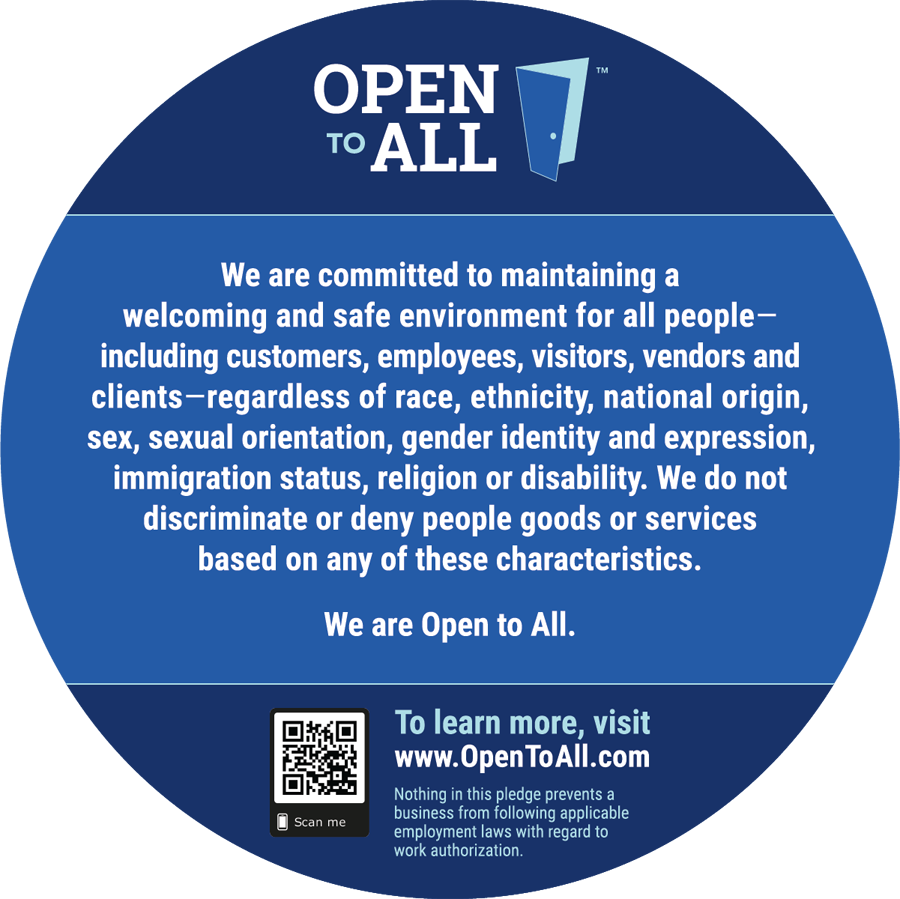[This post is part of a series on Mentors and Heroes]
 Chris Fahey is a co-founder of Behavior, an interaction design consultancy, and is on the inaugural faculty of the School of Visual Arts’ new MFA program in Interaction Design, starting in the fall of 2009. He writes about user experience design on his blog graphpaper.com. Follow him on Twitter @chrisfahey.
Chris Fahey is a co-founder of Behavior, an interaction design consultancy, and is on the inaugural faculty of the School of Visual Arts’ new MFA program in Interaction Design, starting in the fall of 2009. He writes about user experience design on his blog graphpaper.com. Follow him on Twitter @chrisfahey.
Chris Fahey’s hero is…
Barack Obama, President of the United States of America

How long have you known of your hero and have you ever met?
I learned about Barack Obama at precisely the same moment millions of others did: during the 2004 Democratic National Convention. And, like almost everyone else, I thought that this guy was going to be President someday.
We’ve never met, nor do I expect we ever will.
How has your hero had such a profound impact on your life?
The short answer is that Obama is the first person anywhere near my own age (I am 38, he is 47) to show me what being a grown up man is really like. It seems that nearly everybody who grew up after WWII aspires to be rock stars, athletes, auto racers, couch potatoes. They want to live like Don Draper, Madonna, Brad Pitt, or Eminem. They want to act or even look like a teenage kid for the rest of their lives. They want to be anything but a mature, square, responsible adult. This includes people in powerful and serious jobs — even the Presidency.
[It’s impossible to draw a line between the President as a human being
and his philosophies as a politician, but I hope that folks of
different political persuasions can appreciate that my views on
Obama’s leadership have at least some grounding outside of purely
political sympathy.]
My definition of an adult is someone who is able to wield the responsibilities of power, even to seek out power, but who uses that power to bring happiness and safety to others, even if it happens to come at the expense of their own glory. Adulthood is often defined as the transition from doing everything for yourself to doing things for other people. I’m not saying that either Clinton or Bush entirely lacked this sense of responsibility and higher calling in their Presidencies, but both of them often (really, quite frequently) fell back into the smug safety of their own power centers, their self-certainty — and whenever they did so it led to failures that ultimately caused harm to all of us.
I see Barack Obama taking a very different approach.
How do you gain knowledge and inspiration from your hero?
It may sound funny for a user experience designer to think of a politician as a role model. Our jobs have so little in common! But over the last year and since reading his first book, I have gradually come to see Obama as an exemplary team leader.
As someone who often has to deal with conflicting points of view, and who has to make actionable decisions every day, decisions that affect other people’s lives, I am frequently inspired by Obama’s decision making process:
- To listen to all points of view.
- To make sure your closest allies hear the perspective of opponents that even you yourself disagree with.
- To accept that another perspective, one you may even oppose, may need to be part of the solution for it to be accepted and acted upon.
- To value proven brains over strong opinions.
- To have the vision to see that the current framing of a problem may actually be the real problem — and that the solution doesn’t lie on either side of that flawed frame.
An adult lives above the fray, and recognizes that crushing one side and crowning the other is no path to success. Reconciliation is the real aim of leadership. Reconciliation is only possible when you see that both your opponents and your allies are in the same boat.
Conflict, of course, is perfectly normal, and politics can be dirty — I am not talking about any kind of Kumbaya ideal here, and Obama is an astute political calculator who is certainly not under any idealistic illusions. We’re all fighting against something somewhere. It’s impossible to pretend that we don’t have opponents, whether we are designers, politicians, businesspeople, or philosophers. What’s important, however, is recognizing that in all of these fields, success is almost never a zero-sum game.
There are of course limits to compromise — some things are truly right and wrong. But there’s a difference between having a code or a philosophy and having absolute certainty about things. This applies, I think, both to government policy and design.
In the design process there are endless conflicts and oppositions: Between members of the design team, between design vendors and clients, between different design vendors, between stakeholders on the client team. Even between me and the teams I’ve managed: I can’t tell how many times I’ve had my own wonderful plans — whether as a designer or a manager — completely rewritten because I heard a convincing new perspective from a member of my team.
I am here reminded of the famous Charles Eames diagram which illustrates so succinctly that different perspectives on a design — what is in the client’s interest, what is in the designer’s interest, and what is the best design for the world — are often entirely different domains, with precious little overlap. Most designers just give up on ever finding that overlap — most don’t even realize that the overlap exists. Most politicians give up on finding that overlap, too. But only by seeking that overlap can we succeed in design or society.
The job of a leader is to make the best possible outcome happen, to find that overlap that works for the greater good. And while he or she must of course have a guiding philosophy, they must always be open to other perspectives, to be willing to change course when they are wrong, and to accept when the landscape has changed around them. (I voted for Hillary Clinton in the primary, so even coming to admire Obama took some changing of perspective on my part!)
And here’s the most important part: All of this listening and deliberating is hard. Relying on your gut and your philosophical codes is, in fact, an easy way out of what real decision making is: Hard work. And risky work, where failure is possible.
Many criticize Obama for “apologizing” for various things. To apologize and admit mistakes, however, is to me one of the most estimable and honorable acts any person can ever do. There is nothing more craven, childish, and selfish than to withhold an honest admission of error, and to change course in light of that admission.
Many times I’ve had to admit mistakes to my team, to my partners, and to my clients. Every time I have been terrified to do it, but I have always felt better afterwards. Always.
Obama has inspired me in another way, but I cannot claim any real effects from it yet: The natural extension of all of the above is to recognize that, even as simple user experience designer, I am part of bigger and greater things: my family, friends, country, and planet. This is where I think I can do better, across all four of those areas, by recognizing that what I do for my family, friends, country, and planet is more important than what I get back. I hope to live up to that ideal.
What is one piece of wisdom your hero has been quoted as saying that has stuck with you the most?
There is this passage from Obama’s inauguration speech that really resonated with me, and sums up both of my feelings above.
We remain a young nation, but in the words of Scripture, the time has come to set aside childish things. The time has come to reaffirm our enduring spirit; to choose our better history; to carry forward that precious gift, that noble idea, passed on from generation to generation: the God-given promise that all are equal, all are free, and all deserve a chance to pursue their full measure of happiness.
In reaffirming the greatness of our nation, we understand that greatness is never a given. It must be earned. Our journey has never been one of shortcuts or settling for less.
It has not been the path for the faint-hearted, for those who prefer leisure over work, or seek only the pleasures of riches and fame.
Rather, it has been the risk-takers, the doers, the makers of things — some celebrated, but more often men and women obscure in their labor — who have carried us up the long, rugged path towards prosperity and freedom.
Thank you Chris for sharing your hero with us!
Related Posts:
- Who is Chris Baum’s hero? August 20, 2009 | 1 comments
- Who is Dave Malouf’s hero? June 11, 2009 | 0 comments
- Who is Fred Beecher’s hero? October 8, 2009 | 3 comments
- Who is Heather Gold’s hero? May 28, 2009 | 0 comments
- Who is Jorge Arango’s hero? May 21, 2009 | 1 comments



Thanks for inviting me, Whitney!